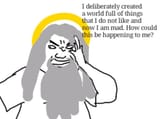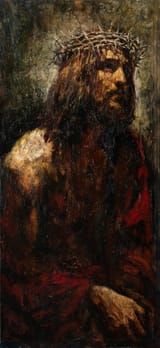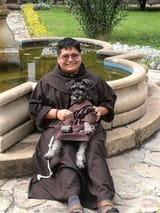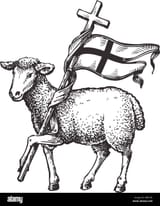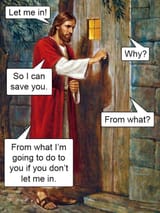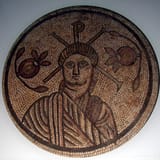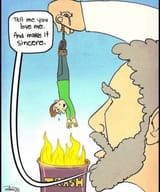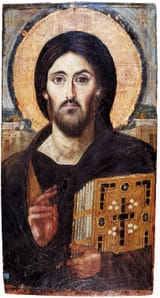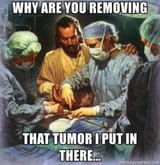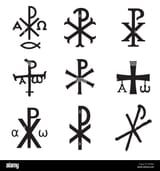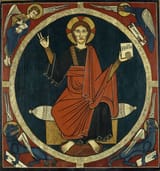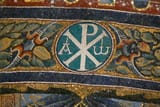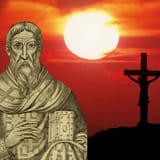>>17811592
>Thor and Odin are not humans-cum-gods. Euhemerism is post-pagan christian fanfiction.
Fair, euhemerism’s a later lens, but your examples (Weyland, Sigurd, Helgi) don’t prove a consistent “humans become gods” theme. They’re legendary heroes, sure, but their “divinity” is ambiguous, more poetic elevation than a clear theological claim. Germanic sources (Eddas, sagas) don’t explicitly frame them as gods; they’re exceptional mortals, sometimes with divine favor, not beings who “trek the world tree” to godhood. You’re projecting a metaphysical system onto fragmented stories.
>Godhood is a clear binary... unify your imperfect, worldly avatar, and your essence
That’s a cool headcanon, but where’s the textual evidence? Runatal shows Odin’s self-sacrifice for wisdom, not a blueprint for humans to become gods. Your idea of gods as “crude avatars” separate from their “true essence” sounds like a modern esoteric gloss, not something grounded in primary sources. Germanic paganism lacks the systematic theology to support this, unlike Catholicism, with its clear distinctions between Creator and creature, rooted in scripture and tradition.
>Unity with your perfect form is a personal experience, not a mechanical one
That’s the problem. It’s so personal it’s incoherent. Without objective standards or a unifying doctrine, it’s just vibes: individualistic, subjective, and ultimately weightless. Catholicism’s got a defined anthropology: man’s purpose is the beatific vision, achieved through grace and virtue, not self-deification. Paganism’s lack of structure isn’t a “feature”; it’s why it couldn’t compete with a faith that offers both metaphysical rigor and universal truth.

